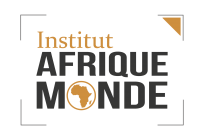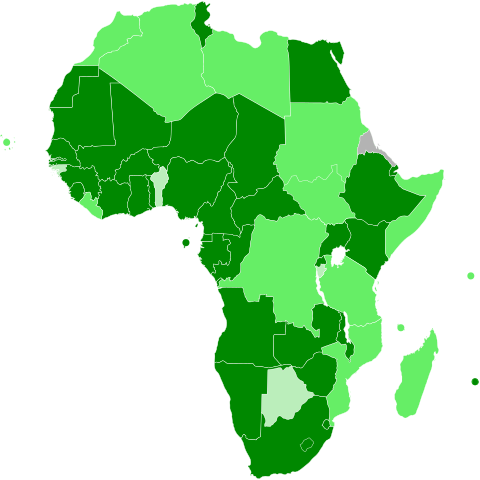Thursday, April 19, 2018, a conference and debate was held at 42 Rue de Grenelle, the Institute’s headquarters. On this occasion, Mr Jean-Bernard Bruneteaux, former Director of Human Resources in large companies and former professor at the Catholic University of Central Africa, author of the book “Gestion des Ressources Humaines et Communication en Afrique” (to be published by IAM), spoke on this major theme.
Is there a specific human resources management in Africa ?
The real wealth of an organization (company, society, association) is mainly based on the skills and behaviour of the men and women who make it up, their motivation, their contribution to achieving set objectives and their ability to adapt to constantly changing situations.
What are the challenges in Africa for individual development in a community-oriented society ? How to manage diversity in a universe of networks of influence that sometimes tend to be clan-based? How to adapt common principles to different economic, social and cultural contexts?
In Africa as elsewhere, human resources management requires a real need for professionalism. Cultural differences can lead to misunderstandings but also to the emergence of complementarities. If practitioners take into account diversities, African cultures can bring new and enriching elements to human resource management.
Taking into account cultural realities, which often differ from one continent to another but also from one country to another, must not be an alibi to justify fatalisms but must allow complementarities.
For example, the criterion of recruitment by personal, family or ethnic relationship or dependence must not exceed the criteria of knowledge, experience and competence required for a function, or the predominance of the group over the individual must not preclude the assessment of individual performance. The authority of the leader, in whatever form, must not be at the expense of autonomy, initiative and the development of personal responsibility.
The priority change in the human resources function is not only a cultural one. Often still limited to regulatory and administrative aspects, it focuses on the development of the individual and collective resources that the actors have within them.
The challenge of the human resources function is also to make compatible economic and human rhythms that are, by nature, different in a world that has become a large village. Man must learn to manage change and not to undergo it. This leads to dealing with concepts that may seem contradictory, such as organizational rigour and flexibility in action, or common objectives and personalized means.
The human resources function can no longer be located only downstream of an organization, but it plays a decisive role in the company’s strategy with regard to decisions concerning the implementation of human structures and organizations. It is attached to the Executive Board.
While the principles and techniques can be practiced in different socio-cultural contexts, they need to integrate the realities and specificities of the environment to be effective. The HR manager must therefore be aware of these particularities in order to use his technical skills in a relevant way while respecting human beings, their dignity and work ethics to achieve the company’s performance objectives.
At the same time, performance is not enough to define the company’s mission, it has a social and environmental responsibility that requires transparency. This notion is to be compared with one of the most important intangible values for all the company’s stakeholders: trust.
“What makes the difference between a desert and a garden is not water, it is man.”
Jean-Bernard BRUNETEAUX



